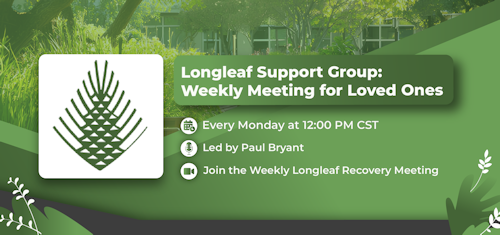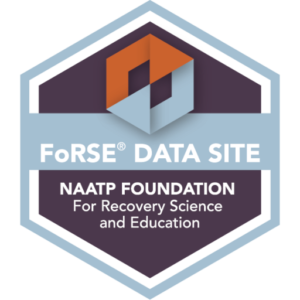Addiction dictates your behavioral impulses, thus requiring practical behavior training. This is where dialectical behavioral therapy for addiction comes in. The whole purpose of DBT is to apply therapeutic teachings through proactive action. Our therapeutic process ensures those practices become your new impulses. Let the following be your guide to everything about Dialectical-Behavioral Therapy for addiction and how it can change your life.
Phases of Dialectical Behavioral Therapy for Addiction
- Stabilization: The first part of the process involves bringing the patient to a state of mental and behavioral stabilization. Without this, the rest of the process cannot work. Once stabilization is achieved, the rest of the DBT treatment components work in effective harmony.
- Underlying Trauma Management: Underlying trauma is a primary trigger of relapse and addiction habits. Hence, the next key component of addiction healing and relapse prevention involves dealing with potential underlying trauma. Coming to terms with that trauma is not only vital for mental healing. It’s equally vital for addiction healing. Having an inability to come to terms with these traumas results in a perpetual substance use loop.
- Establish Recovery Goals: After you’re mentally and physically stabilized and have effectively dealt with addiction-induced traumas, you’re ready to begin setting recovery goals. These treatment objectives are determined and directed by your therapist based on your individual needs and background. We make certain these goals are short-term, achievable goals that lead to tackling the bigger picture. Again, you will never feel overwhelmed, but encouraged at our meticulously engineered therapy process.
- Sobriety Transition: This final component or phase of treatment establishes a smooth transition to independent sobriety. At this point, all sobriety goals have been met and all relapse prevention techniques have been learned. We utilize our thorough sober living programs and aftercare services to ensure a well-rounded recovery journey. This means you’ve moved on to flexible outpatient programs that help you implement your teachings from the previous DBT components.
What to Expect During a DBT Session
Treatment can only be effective and personalized by first identifying the underlying substance disorder and root behavioral associations. This means undergoing an in-depth evaluation through meticulously structured questions related to your addiction history. By getting to the root cause of your behaviors and substance battles, we can constructively navigate your personalized treatment plan. Rest assured, whatever your struggle and however severe, we have a comprehensive solution suited to your specific needs.
True progress is never rushed. That’s why the core of all of our treatment sessions involves ensuring treatment is done at your pace. Each session is handled patiently and expressly at your pace to establish complete comfort throughout the process. At Longleaf Recovery, you’ll never feel rushed, unprepared, or inadequately equipped for any program or treatment type.
Once the specifics and substance use disorder, severity, and associated behaviors are identified, we can begin the emotional processing phase. In this phase, we train you how to process and express your emotions proactively. This rids you of former habitual tendencies that would consist of resorting to substance use as an emotional vent or coping mechanism. Most importantly, the new emotional processing impulse response mechanisms instilled by your therapist help you deal proactively with every situation.
Everybody reacts differently to sudden hardships, and we provide the proper problem-solving tools to handle these hardships. This is an especially vital skill because sudden life occurrences are a chief accelerant of substance abuse and relapse. Hence, these problem-solving abilities learned in rehab can help you turn the corner and maintain independent sobriety. Speak to our devoted team today to learn more about our thorough DBT treatment programs.
Communication treatment exercises help you reestablish emotional bonds and connections with others. These sessions aren’t just for you. They’re for your loved ones, also to ensure you, your friends, and family understand one another’s perspective on your struggles. This is a key component of healing, as it restores your bonds with loved ones and expounds upon them. This key, like most of the others on this list, is a process we implement thoroughly throughout your recovery.
Insurances We Accept








Core Components of DBT for Addiction Recovery
- Emotion Management: Substance dependency is the most emotionally distortive disorder in the world. That’s why the first, most important recovery component is to assess your emotional state and restore a balanced emotional frequency.
- Positive Relationship Communication and Building: The only way to let go of former strongholds is to build new bonds away from those addiction influences. However, it can be hard to know how to communicate in a new environment with people you’ve never surrounded yourself with. Therefore, we make therapeutic provisions for this core component by teaching you effective and comfortable communication skills. Not only will you enjoy the new bonds you form with your newly implemented communication skills. You’ll have a newfound sense of confidence and joy to do so.
- Self Awareness and Acceptance: Being self-aware means being mindful of your circumstances and current condition. Hence, acceptance goes hand-in-hand with mindfulness of where you are and where you want to be in life and recovery. We provide programs specifically designed to serve that purpose in our Acceptance and Commitment Therapy programs. Having an ever-present awareness keeps you on your guard and motivated to maintain your sobriety.
- Hardship Forbearance: When unforeseeable hardships come, relapse potential is at its highest. That’s why having the ability to withstand any of life’s unexpected occurrences is a core component of DBT treatment. We implement life skills practices to help you read, react, and respond proactively, no matter what misfortunes transpire. That way, you’re readily equipped to handle any circumstances with positive impulse control methods.
Benefits of Using DBT for Substance Use Disorders
Relapse prevention techniques are embedded into the foundational teachings of every DBT treatment program. With positive practical behavior practices comes the natural tendency to deal appropriately with circumstances. This means doing so without the need or desire to vent your frustration through means of substance abuse. This is just one of the many examples of how dialectical behavioral therapy for addiction is an extraordinary deterrent to relapse.
Life skills such as problem-solving, discretion, social communication, and other vital life skills are among the greatest benefits of DBT. This helps addiction recovery in several key ways, including equipping you with the ability to say no. This, in conjunction with a fortified mindset against substance use and priority reestablishment, brings out the best in you.
Character is the person you are when nobody is around or watching. That’s why we provide uplifting character-building sessions through interactive events to lay the foundation of key character traits. You’ll learn the importance of hard work, honesty, loyalty, and other traits that ignite a genuine desire to maintain these independently. These sessions have the potential to send you on an enlightening journey of self-discovery.
A primary aspect of the practical application of dialectical behavioral therapy for addiction is meeting new influences in rehab. Those former substance-encouraging influences will only pull you down. DBT helps rid you of these bad influences and replace them with people who care about your well-being and sobriety. Enroll in one of our transforming group therapy programs to discover the friendships you’ll treasure for a lifetime.
If you don’t know how or where to start building up your support team, DBT does the work for you. Through our highly-focused treatment approach, we lay the support structure foundation through several layers of support development techniques. These techniques include, but are not limited to, family and friend involvement, full-time therapist support, and introducing you to positive influences.






